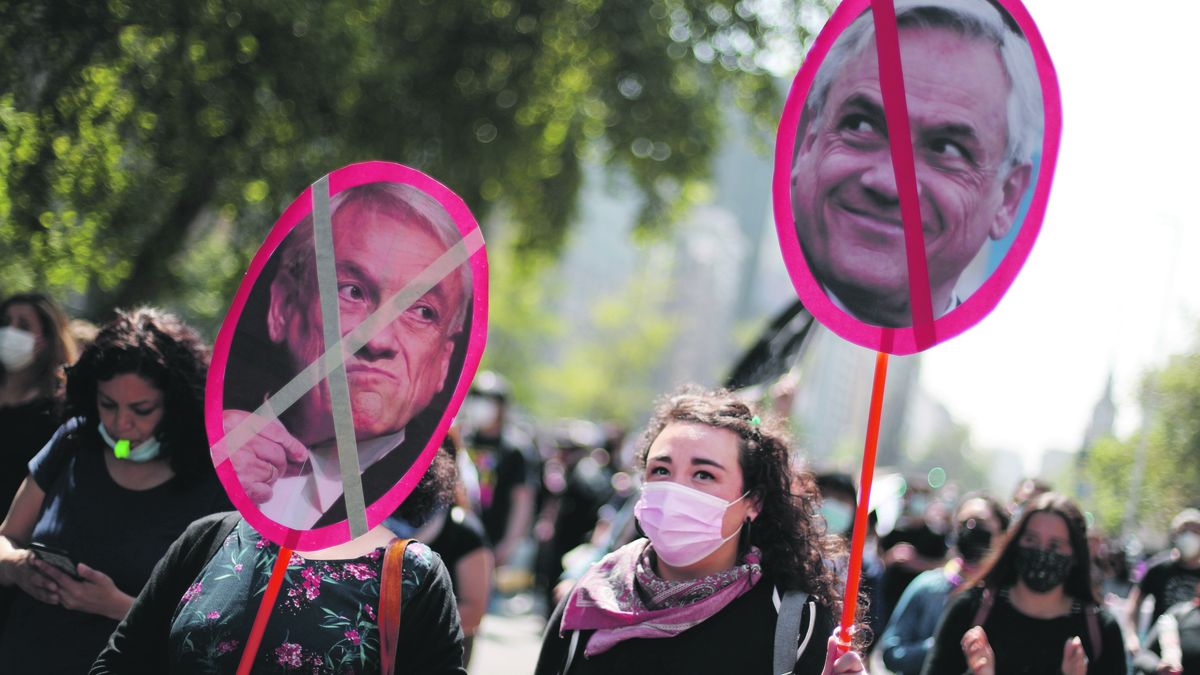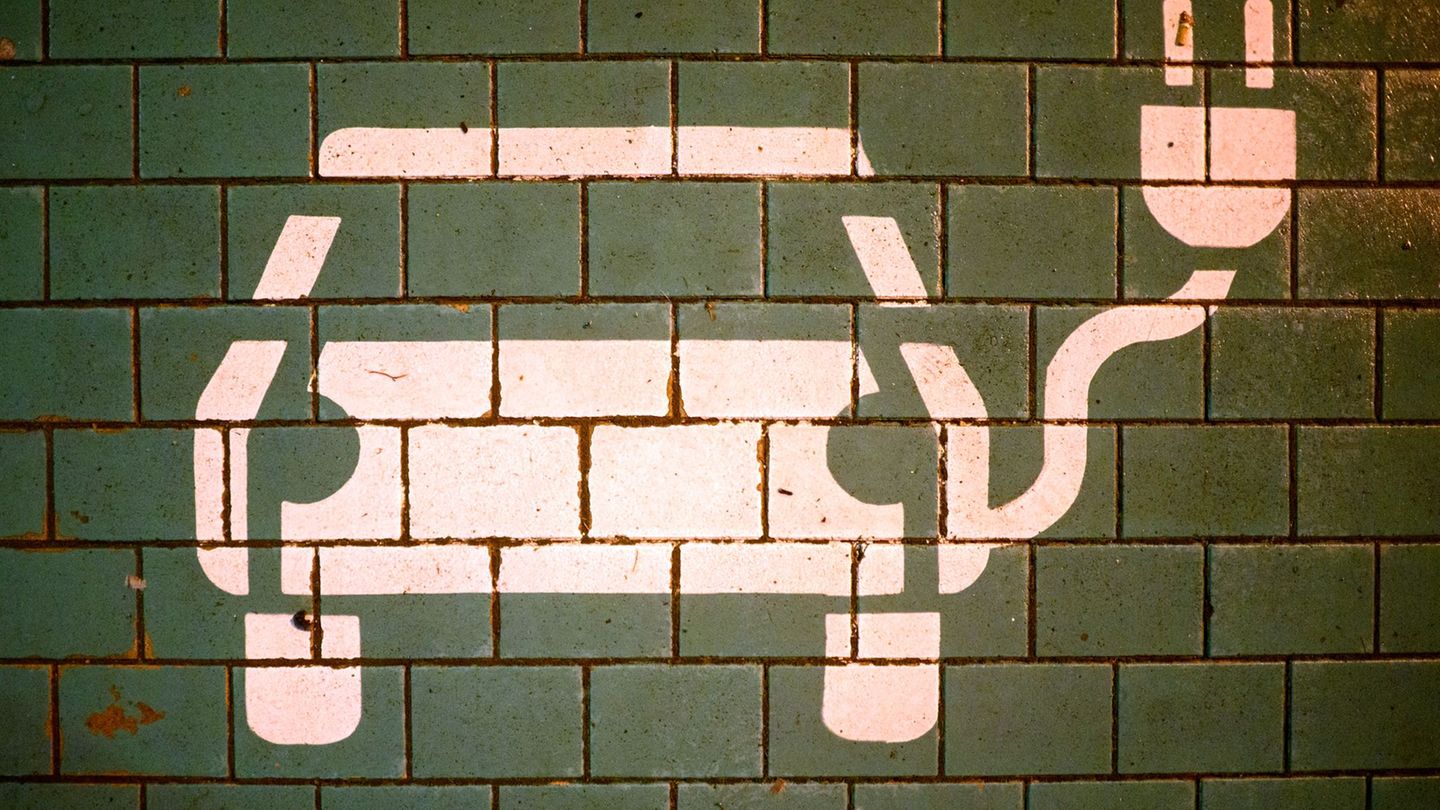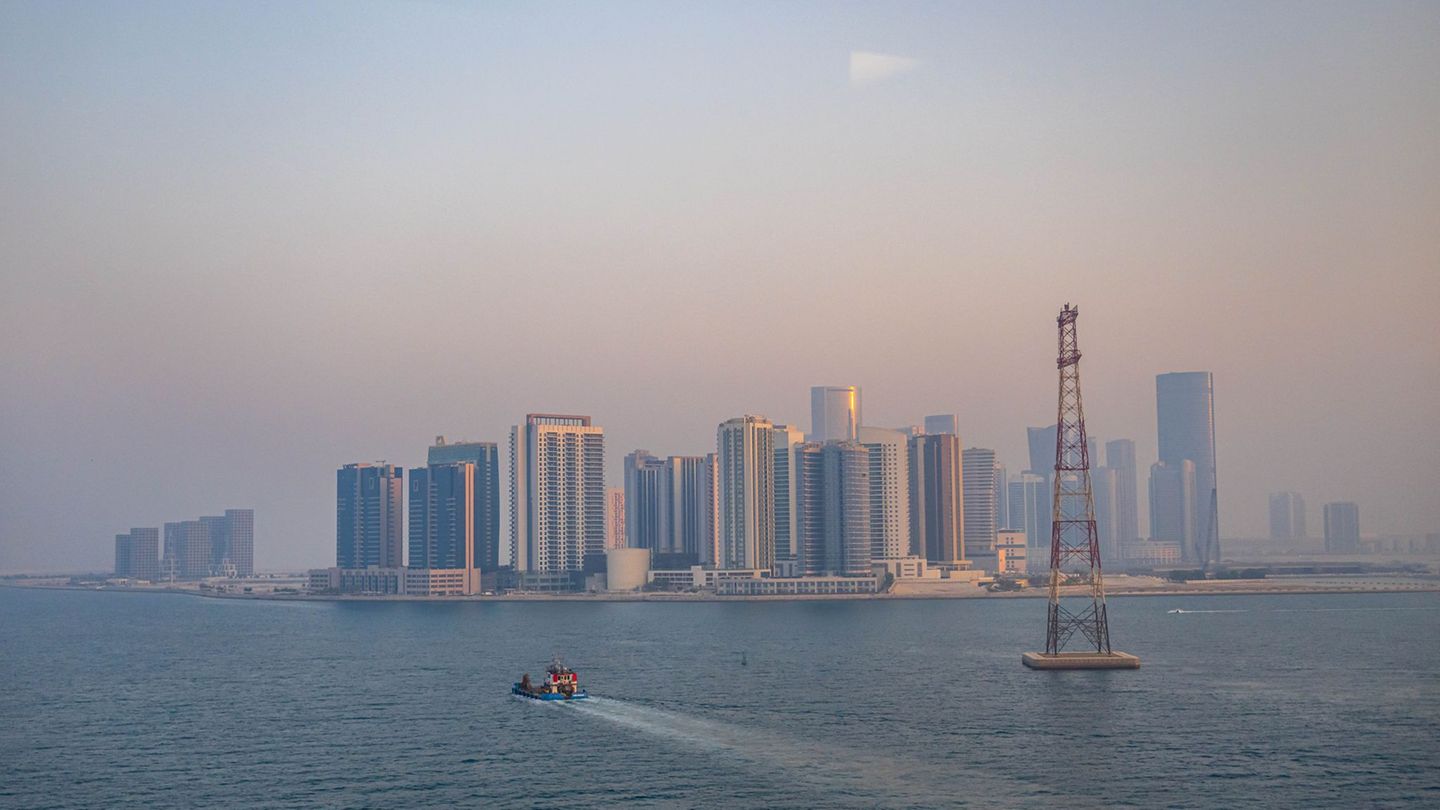This constitutional accusation, which according to the conservative Chilean president “has no basis”, is added to a criminal investigation opened by the Prosecutor’s Office five days ago for the same operation: the sale in 2010 of Minera Dominga by a company of the Piñera’s children when he was serving his first term (2010-2014).
Now the Chamber of Deputies, controlled by the opposition, must decide whether to approve or reject the accusation, a vote that will take place the first week of November.
If given the green light, the case would go to the Senate, which would have to act as a jury to seal the fate of Piñera, whose second term, which began in March 2018, ends on March 11. The impeachment process in Congress is expected to be defined before the November 21 elections, in which the next president will be elected and Congress renewed.
Reaction
The government accused the opposition of presenting “an accusation without legal basis” in search of political gain. “It is the dirtiest of the electoral campaign”, affirmed the spokesman minister, Jaime Bellolio, insisting on the innocence of Piñera.
The publication of the Pandora Papers placed in question Piñera, one of the richest men in Chile, who defended himself alleging that he left the business administration in 2009, before assuming his first government, so he did not participate in the sale of Dominga.
According to an investigation by local media CIPER and LaBot, part of the Pandora Papers of the International Consortium of Investigative Journalists (ICIJ), Minera Dominga was sold to businessman Carlos Alberto Délano, Piñera’s close friend, for 152 million dollars, a business partly sealed in the British Virgin Islands.
The payment for the operation had to be made in three installments, and contained a controversial clause that made the last payment conditional on “not establishing an environmental protection area over the mining area of operations, as claimed by environmental groups.”
The Piñera government, according to the investigation, ended up not protecting the mine area, so the third payment was made.
The president assures that he was not aware of the sale of Minera Dominga because it put its assets under blind trusts in 2009. In addition, he argued that this issue is a “res judicata”, since these events “were investigated in depth” by the Prosecutor’s Office and dismissed by the courts in 2017.
The mining project, approved by a regional court but pending resources by the Supreme Court, includes the exploitation of two open-pit mines – iron and copper – in the Atacama desert, in the Coquimbo region, 500 km from north of Santiago.
It also includes the construction of a mineral loading port near an archipelago where there is a national reserve that contains 80% of the Humboldt penguin species, in addition to other protected species.
During his first term, Piñera announced the cancellation of the construction of the Barrancones thermoelectric plant, belonging to the Franco-Belgian firm Suez, which was to be installed near Minera Dominga. After canceling that project, Piñera did not speak again about the protection of that area that his predecessor, the socialist Michelle Bachelet, worked to turn into a National Park and thus avoid any activity that threatened it.
Piñera, 71, will remain in office as the process progresses through Congress. Once the accusation was presented, the Lower House formed by lottery a five-member investigative commission, which will prepare a report recommending or rejecting the impeachment request. Piñera can present his discharges in person or in writing.
The group was made up of two pro-government deputies and three opponents, among them the socialist Maya Fernández, granddaughter of former president Salvador Allende (1970-1973).
Regardless of the opinion of the commission, the case must be debated and voted on by the plenary session of the Chamber of Deputies, where the opposition has a comfortable majority (83 of the 155 seats). If the lower house gives the green light, the case will go to the Senate, where the correlation of forces is closer and two-thirds of the votes are required to remove the president.
At the end of 2019, Piñera already suffered an impeachment attempt for the violent repression of the massive demonstrations against inequality, but the initiative did not prosper. Piñera is the second Chilean president to face impeachment.
David William is a talented author who has made a name for himself in the world of writing. He is a professional author who writes on a wide range of topics, from general interest to opinion news. David is currently working as a writer at 24 hours worlds where he brings his unique perspective and in-depth research to his articles, making them both informative and engaging.




